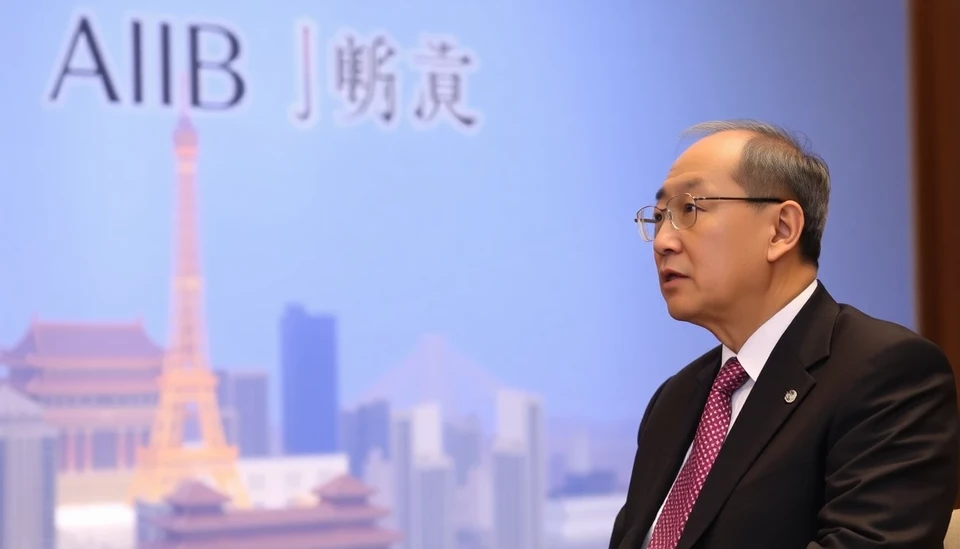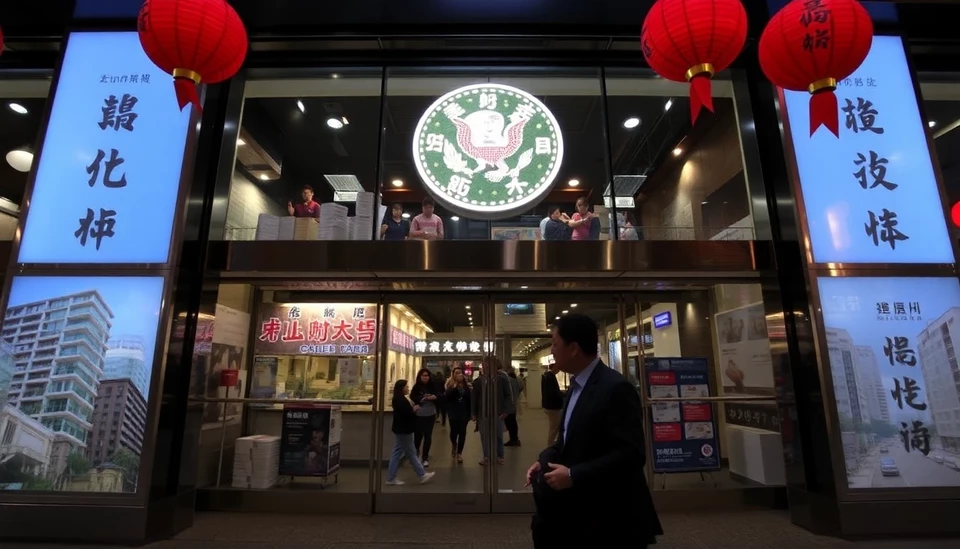
In a bid to rejuvenate its economy amidst ongoing challenges, China has unveiled a substantial stimulus package aimed at spurring growth. However, the response from global markets has been tepid, reflecting deeper concerns about the efficacy of these measures and the overall state of the Chinese economy.
The stimulus announcement, which includes a mix of fiscal and monetary policies, was met with minimal enthusiasm from investors around the world. Analysts have pointed out that despite the scale of the investment, which is one of China’s largest in recent years, many are questioning if this move will be sufficient to avert a slowdown that has been exacerbated by a combination of rising debt levels, sluggish domestic demand, and ongoing geopolitical tensions.
Market participants were left unimpressed as major stock indices in Europe and the US showed only marginal movements following the news. The lack of significant positive impact from China’s stimulus underscores growing skepticism about the government's ability to effectively boost its economy in the face of mounting challenges.
One of the main points of concern is the structural issues that continue to plague the Chinese economy. Many experts argue that government spending alone cannot resolve deep-rooted problems such as high levels of corporate and household debt. These systemic issues are likely to dampen the immediate impact of the stimulus package, leading many to adopt a wait-and-see approach.
Furthermore, the perceived limitations of the measures have led to a broader caution within global markets. Investors appear increasingly wary of dependence on China's economic performance, particularly given the interconnectedness of international markets. The ripple effects of China’s economic health are felt worldwide, making its struggles a pivotal concern for global economic outlooks.
In response to the lack of market enthusiasm, some commentators have suggested that China may need to rethink its approach to economic stimulus. A more balanced strategy that includes structural reforms alongside financial incentives could be necessary to address the long-term challenges facing the economy. However, immediate reactions from both domestic and international markets indicate that confidence remains fragile.
As China continues to navigate through its economic hurdles, the global markets are bracing for what this means for future economic stability and growth. Stakeholders are keeping a close watch on impending developments, noting that while the stimulus might have its intended effects domestically, the global implications are far from resolved.
The real test for China's stimulus efforts will be the subsequent economic indicators and whether this latest package can translate into tangible growth outcomes. Investors are likely to remain cautious until clearer signs emerge, as awaiting solid evidence of recovery remains a priority for many in the marketplace.
While this stimulus is undeniably one of the largest interventions seen in recent years, its actual impact across borders remains to be seen. The global markets are in a state of uncertainty, reflecting the complicated relationship between economic policies implemented in one of the world's largest economies and their repercussions on the broader financial landscape.
#ChinaStimulus #GlobalMarkets #EconomicGrowth #Investment #MarketReactions #DebtCrisis
Author: Laura Mitchell




